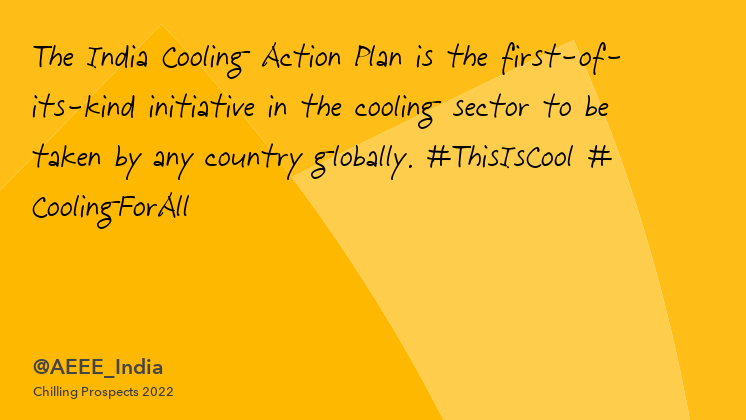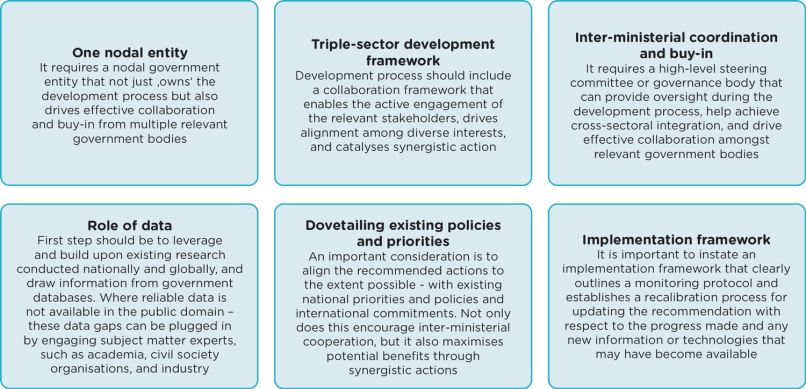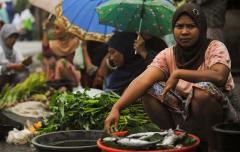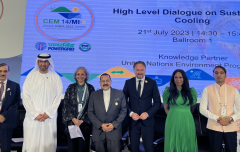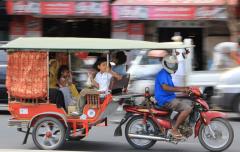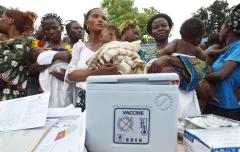Chilling Prospects 2022: Lessons learned from developing the India Cooling Action Plan
|
Reflections on five years of the Kigali Amendment by the Alliance for an Energy Efficient Economy (AEEE) |
Climate change-induced warming trends, population growth and rapid urbanization are driving an unprecedented increase in the global demand for cooling across sectors, including thermal comfort in buildings, food supply chains, storage and transfer of medical products, transport of people, and industrial processes. This growth in cooling is linked with the socioeconomic progress of countries as they work to achieve the Sustainable Development Goals (SDGs). India currently has low access to cooling, but its economic progress, coupled with global warming trends, will drive an eight-times increase in the demand for cooling in the next two decades. While India’s projected cooling growth is in step with its development needs, this growth, under a business-as-usual scenario, will strain existing power systems and have an adverse impact on the environment.

